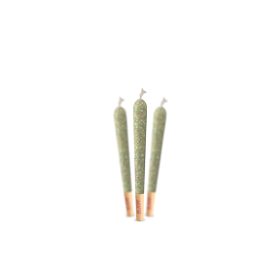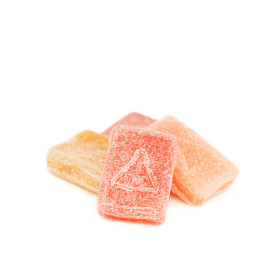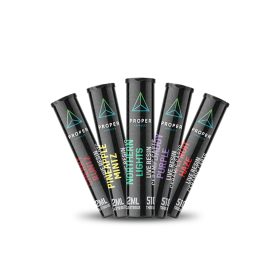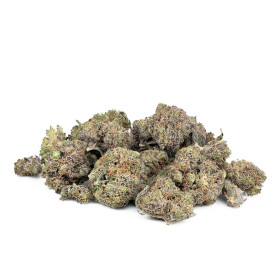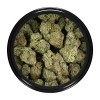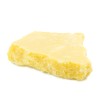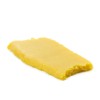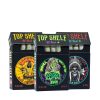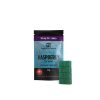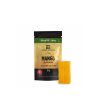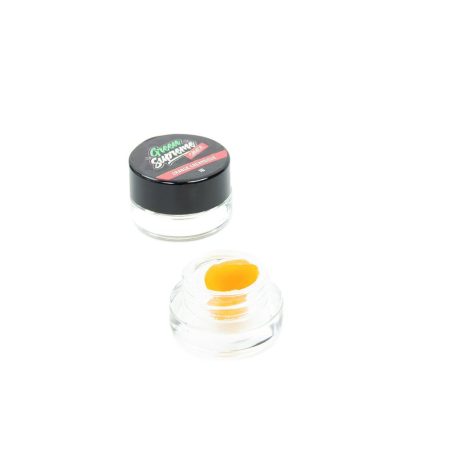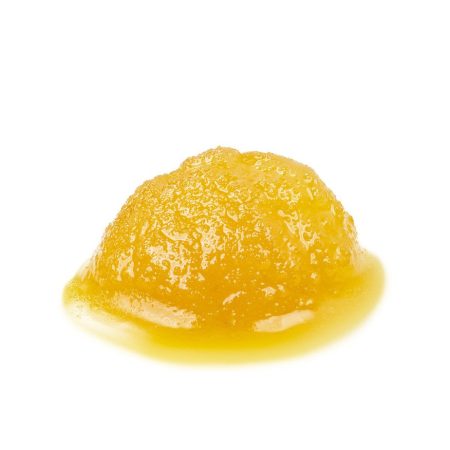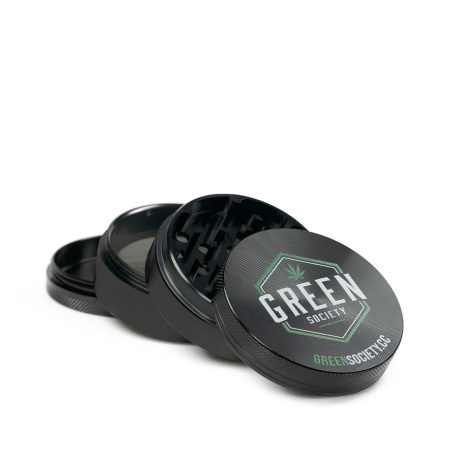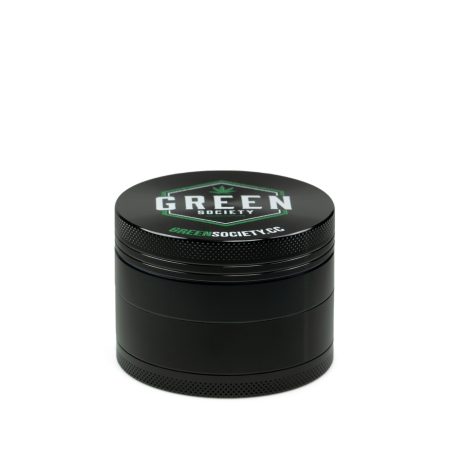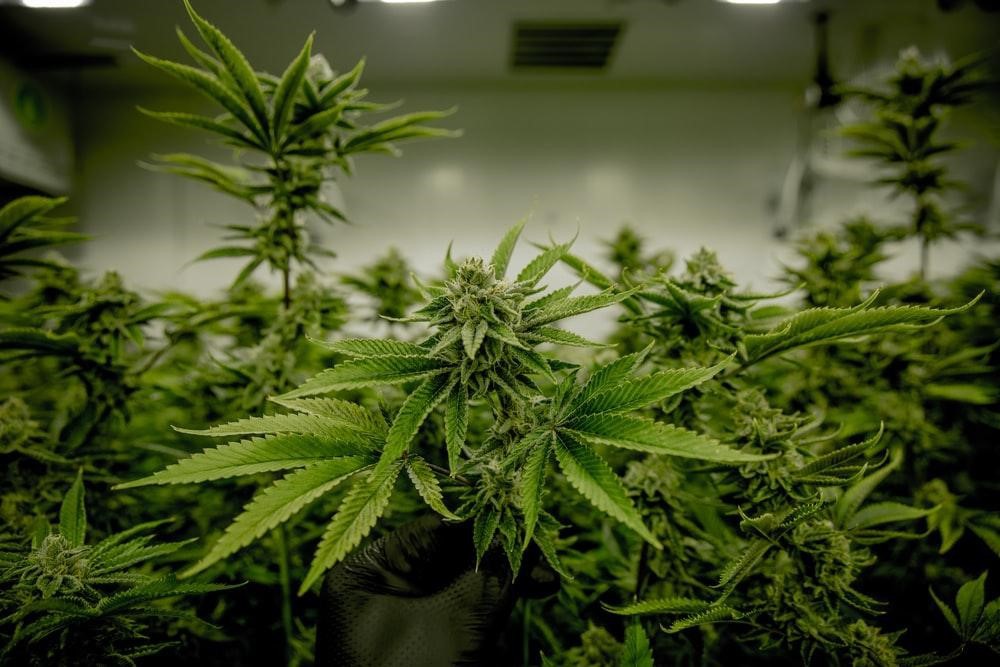Thanks to the legalisation of marijuana in October 2018, cannabis is more accessible than ever. When it comes to the way we enjoy this miracle plant, we’ve now got plenty of options. But for some people, this makes it difficult to decide whether hemp or marijuana is the best choice for them.
For years, hemp products were the only legal way for us to access the Cannabis plant’s benefits in Canada. While marijuana hasn’t entirely broken into the mainstream yet, hemp is a common feature in glossy lifestyle magazines and our local health and beauty stores.
If you’re not quite sure about the difference between hemp and marijuana, keep reading. In this article, we explain some of the key differences between the two, such as ‘does hemp or marijuana have more CBD.” By the end, you should have all the information you need to decide which one is better for you and your needs.
What Is Marijuana?
Marijuana is the name of the psychoactive drug that comes from the family of Cannabis plants.
Marijuana vs. Cannabis
Although people use the term cannabis frequently to describe the same thing, this quickly gets confusing. The confusion is because ‘cannabis’ can refer to both the plant and the drug, whereas marijuana is strictly the drug’s name.
Marijuana Gets a Bad Rap
It’s worth noting that there is an ongoing debate among marijuana users about which word we should be using. Some people prefer not to use the term ‘marijuana’ because the United States government used the word heavily in propaganda campaigns in the early 20th century. This political issue was principally to highlight the ‘un-American’ origins of the drug, hoping that it would appeal to people’s xenophobia.
As a result, there are strong movements today to completely phase out the word marijuana and use cannabis as a catch-all term for both the plant and drug.
What Are the Benefits of Marijuana?
The most significant difference between hemp and marijuana is that marijuana contains more than 113 different chemicals, known as cannabinoids. The two main types, both of which have different effects on the mind and body, are as follows:
- Cannabidiol (CBD). This element of marijuana is non-psychoactive, which means it doesn’t make you feel high.
- Tetrahydrocannabinol (THC). This cannabinoid is the primary psychoactive element of marijuana.
These cannabinoids affect the endocannabinoid system in our bodies – which links our brains to the rest of our nervous system. The compounds bind to special biological receptors. Because our nervous system affects so many of our physical processes, when you introduce cannabis into it, it has various mental and physical effects.
Medical Uses
As well as its recreational uses, marijuana can be a treatment for many conditions and symptoms. Medical cannabis, or medical marijuana, has been the subject of increasing scientific interest and research. One of the biggest reasons why people choose to start using marijuana is to soothe anxiety.
If you’re interested in cannabis as a treatment for anxiety, marijuana is the best choice for you. However, it’s vital to find a strain that has the right CBD THC ratio for anxiety. This ratio can differ for everybody, so you may need to experiment to find the most effective dosage.
What Is Hemp?
Hemp – otherwise known as industrial hemp, to reflect is commercial uses –also derives from the Cannabis family of plants. Unlike marijuana, however, hemp is the name for any strain of cannabis plant that contains less than 0.3% THC. (By contrast, it’s not unusual for strains of marijuana to contain as much as 30% THC).
Hemp and THC
THC will not affect you in these low quantities, so hemp does not classify as a psychoactive product. Instead, its uses apply to various health foods, supplements, oils, and beauty products. It’s even a material used to make a fibrous textile for rope and clothes.
Hemp and CBD
So, we know that hemp doesn’t contain THC. But If you’ve ever wondered ‘does hemp or marijuana have more CBD?’ the answer isn’t as straightforward. Some species of hemp plants are naturally very rich in CBD. However, the industrial hemp plants cultivated for their seeds, oil, and stalks contain very little CBD.
If you’re looking for a hemp product that contains CBD (for example, a moisturizer or tincture oil), you will need to double-check its ingredients. The general rule is if it doesn’t specifically mention the fact that it contains CBD, it probably doesn’t.
What Are the Benefits of Hemp?
Hemp is the best choice if you are looking to harness some of the health and wellness benefits of cannabis, with none of the psychoactive effects.
Products such as hemp milk, oil, and food supplements have become hugely popular in recent years. This explosion is thanks to its rich nutritional content. Many people consider hemp to be a superfood!
Health Benefits
Below are some of the key benefits of hemp:
- It’s rich in polyunsaturated fatty acids, such as omega-3. The fatty acids reduce inflammation, either when eaten or used as part of a skincare regime
- Hemp oil may have antibacterial properties
- Hemp can soothe skin conditions such as eczema, psoriasis, and lichen planus
Because these benefits are present in dietary and topical hemp products, ingredients such as hemp oil are excellent multitaskers!
So, Which Is Better?
Now that you know the difference between hemp and marijuana, you can probably see that there’s no right or wrong answer to the question ‘which is better.’
If you have health conditions that could benefit from using marijuana, either as pain relief or to treat mental illness, then this THC-rich plant is for you. Just be sure to find the right CBD THC ratio for anxiety, though. Extreme levels of THC can heighten anxiety, particularly if you’re not used to it.
However, if you want to experience the cannabis plant’s nutritional benefits, you’ll prefer hemp. Whatever health benefits you’re hoping to find, check out Best Dispensary Canada to find the top cannabis dispensaries near you.

